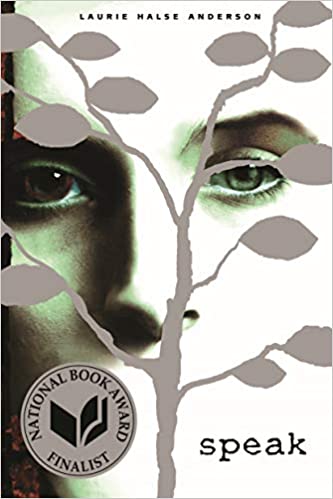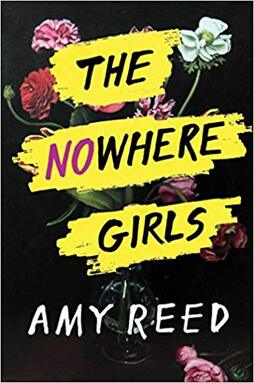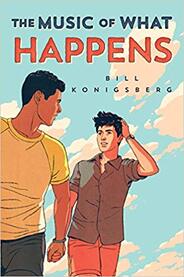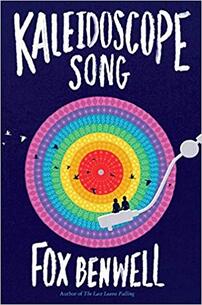Once again, she taken on a topic that is beyond my expertise. She has connected current events with Queer YA Literature and the #MeToo movement. I love the books she mentions, but she does a better job than I could have with the analysis and connections she makes. Thanks Briana.
Going beyond Weinstein with Queer #MeToo
Post-verdict, a rash of news articles with headlines like, What Now? and What have we Learned? surfaced in popular publications like the New York Times and Washington Post. I find myself slightly annoyed by society’s tendency to collapse decades and more than 80 public accusations (in the Weinstein case) into this type of headline. The testimonies of the survivors were so complex, and I like so many other women know that #MeToo will not end with one verdict, one case, or one conviction. As actress Mira Sorvino notes, “Together we have and will continue to make change in the laws as a culture, as this is just a drop in a wave of justice to come for predators and survivors everywhere." But, it’s more than that. It’s about lives; families and individuals struggling to heal from trauma.
| This week I had the pleasure of reading two new YA books that speak to experiences of sexual assault within two very different queer communities. The first was The Music of What Happens, by Bill Konigsberg, which tells the story of Max and Jordan, two high-school seniors each with their own struggles and delights. The narrative structure of this novel provides excellent development for both characters as the chapters alternate between Max and Jordan, so that as readers we often get the same story from each of their distinct perspectives. In this way, the characters continue to build and become more complex as the novel goes on, and as we see them grow through the eyes of each other. |
| The second book was Kaleidoscope Song by Fox Benwell. Set in Khayelitsha, South Africa, the novel is narrated by Neo, a high-school senior who is obsessed with music, and, is in love with Tale, a local singer. A lot is changing in Neo’s life as she is struggling to realize her dream of being involved in the music industry, As she comes to know herself, she falls in with a local queer community. She quickly learns that in her hometown, it is not safe to be alone at night as a woman, let alone be out as a queer person. Neo comes to realize just how dangerous it can be in one horrific moment. Benwell does a wonderful job describing the setting through Neo, who both knows her limitations and pushes against them when she can. Poverty, religion, and violence all play a part in this novel, and students may be especially interested to consider how gender identity can be impacted by the social acceptance in a different environment. In addition, music lovers will appreciate the discography in the back of the text, which could be played while reading. |
It’s also important to explore the very different ways in which the victims confront their abusers. In The Music of What Happens, Max actually confronts his rapist more than once after the incident. He talks to both of his parents who are, for the most part, supportive and offer to find him help. His partner stays with him through it all, and it seems as if their relationship will stay on-track. On the other hand, in Kaleidoscope Song, Neo’s experience affects nearly all areas of her life, and eventually causes her to lose almost everything. Neo’s environment, inclusive of her conservative parents and her community's view of LBGTQ people shape her experience. It is clear that it would be impossible for her to directly confront her rapist, let alone take him to court, though she does confront him in other ways that are powerful.
These books elicit a range of powerful questions as well, some of which are answered by the text and others which are more ambiguous. In my own classroom (now at the college level), I am a fan of high-order thinking questions, and I have my students answer some of mine and think of their own. Some that would fit well in discussions of these texts include:
- In what way does access to support systems play a role in one’s experience of sexual violence?
- How does (race, gender identity, orientation) play a role in the lives of the victims, and the abusers?
- How do feelings or perceptions of one person’s control over another human come into play?
- How important is it for a confrontation to take place? What counts as a confrontation?
- How does a person’s social circle shape their experience of a traumatic event?
- How is the experience of trauma shaped by status (socioeconomic, or other)?
- What (if any) bystander intervention is represented in the text?





 RSS Feed
RSS Feed